 MPlayer anuncia nuevas librerías para su popular reproductor multimedial: libdvdread fue separada de libdvdnav y ahora es desarrollada en un árbol separado, manteniendo eso sí la compatibilidad con la antigua versión upstream.
MPlayer anuncia nuevas librerías para su popular reproductor multimedial: libdvdread fue separada de libdvdnav y ahora es desarrollada en un árbol separado, manteniendo eso sí la compatibilidad con la antigua versión upstream.
Fuera de esta separación, los destacados de este lanzamiento incluyen un gran número de arreglos a leaks de memoria y recursos, soporte para pkgconfig y la introducción del script dvdread-config.
libdvdnav-4.1.3 y libdvdread-4.1.3 pueden ser bajadas desde las siguientes direcciones:
MPlayer es un reproductor multimedia que es liberado bajo la licencia GNU. Reproduce la mayoría de los archivos MPEG, VOB, AVI, OGG/OGM,MKV, VIVO, ASF/WMA/WMV, QT/MOV/MP4, FLI, RM, NuppelVideo, YUV4MPEG, FILM, RoQ, PVA, soportados por algunos códecs nativos, XAnim, y DLL's Win32. Además puede reproducir VideoCD, SVCD, DVD, 3ivx y DivX 3/4/5.
También trae la opción para subtítulos, soportando 14 formatos diferentes (MicroDVD, SubRip, SubViewer, Sami, VPlayer, RT, SSA, AQTitle, JACOsub, VOBsub, CC, OGM, PJS y MPsub).
Junto al paquete de descarga de MPlayer, se puede encontrar la aplicación MEncoder, una herramienta esencial para el proceso de codificación de vídeo o audio.
Además trae por defecto un GUI hecho en GTK+, gmplayer, aunque existen también algunos otros GUI's como por ejemplo KMPlayer, el cual está hecho en Qt.
El reproductor puede funcionar en la mayoría de las plataformas, incluyendo Linux, derivados de Unix, Mac OS X, Syllable, Pegasos y también en Windows. Hay también derivados de DOS y FreeDOS y en la consola de juegos Wii.
Lista de códecs más importantes
* Video MPEG1 (VCD) y MPEG2 (SVCD/DVD/DVB)
* MPEG4, DivX, OpenDivX (DivX4), DivX 5.02, XviD, y otras variantes de MPEG4
* Windows Media Video v7 (WMV1), v8 (WMV2) y v9 (WMV3) usado en archivos .wmv
* RealVideo 1.0, 2.0 (G2), 3.0 (RP8), 4.0 (RP9)
* Sorenson v1/v3 (SVQ1/SVQ3), Cinepak, RPZA y otros códecs QuickTime comunes
* 3ivx decoder
* Cinepak e Intel Indeo códecs (3.1, 3.2, 4.1, 5.0)
* VIVO 1.0, 2.0, I263 y otras variantes h263(+)
* MJPEG, AVID, VCR2, ASV2 y otros formatos hardware
* FLI/FLC
* Decodificador nativo para HuffYUV
* Varios formatos simples y antiguos del tipo RLE-like
* MPEG layer 1, 2, y 3 (MP3) audio (código nativo, con optimización MMX/SSE/3DNow!)
* AC3/A52 (Dolby Digital) audio (software o S/PDIF)
* WMA (DivX Audio) v1, v2 (códec nativo)
* WMA 9 (WMAv3), Voxware audio, ACELP.net etc (usando x86 DLLs)
* RealAudio: COOK, SIPRO, ATRAC3, DNET (usando RP's plugins)
* QuickTime: Qclp, Q-Design QDMC/QDM2, MACE 3/6 (usando QT's DLLs)
* Ogg Vorbis audio códec (lib nativa)
* VIVO audio (g723, Vivo Siren)
* Alaw/ulaw, (ms)gsm, pcm, *adpcm y otros formatos de audio simples y antiguos.
* Flash Video (FLV)
Screenshots
screenshots. To get accepted it has to be truly special.
Si te ha gustado el artículo inscribete al feed clicando en la imagen más abajo para tenerte siempre actualizado sobre los nuevos contenidos del blog: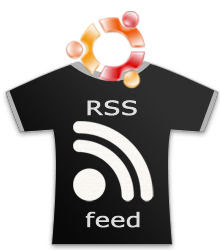



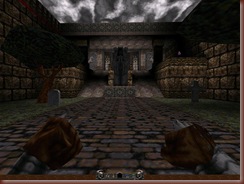
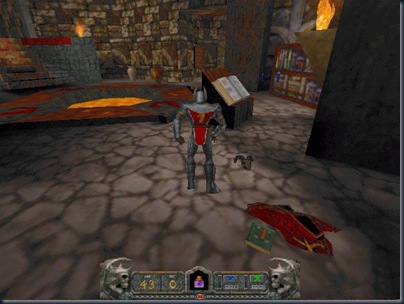


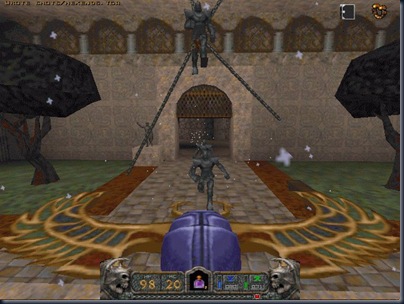





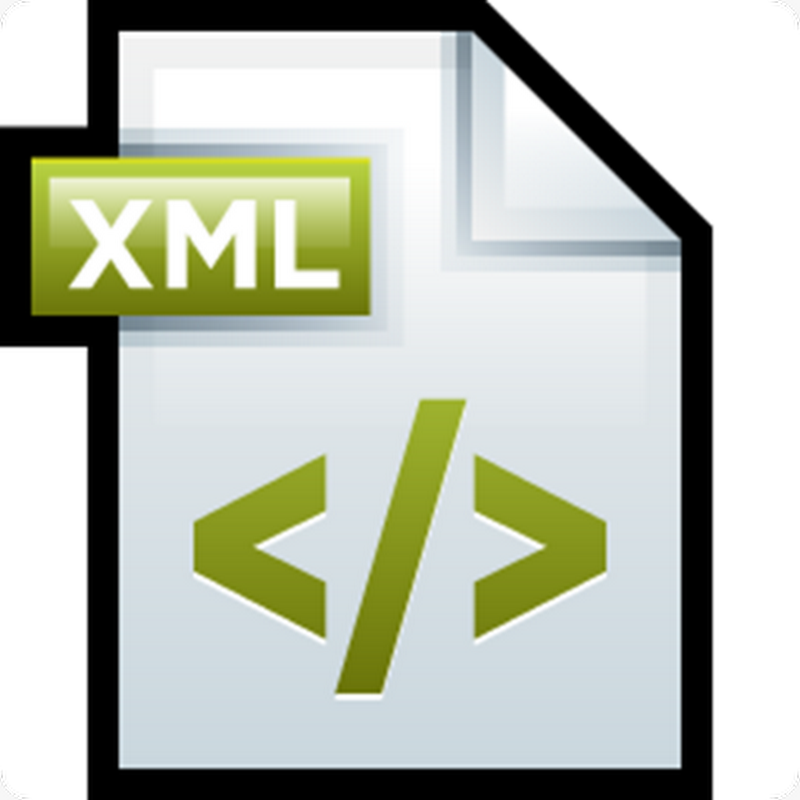

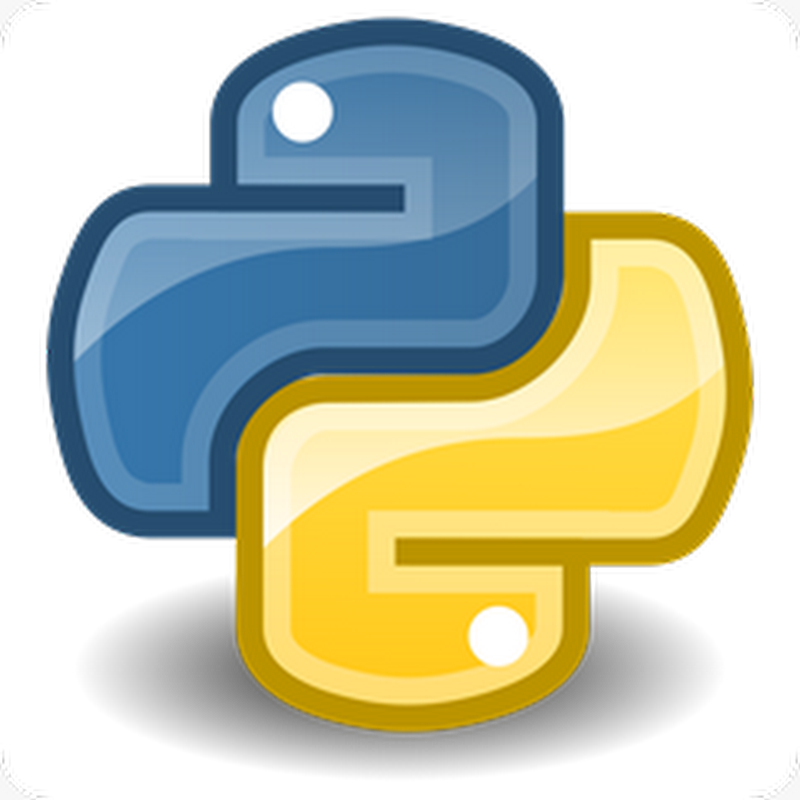

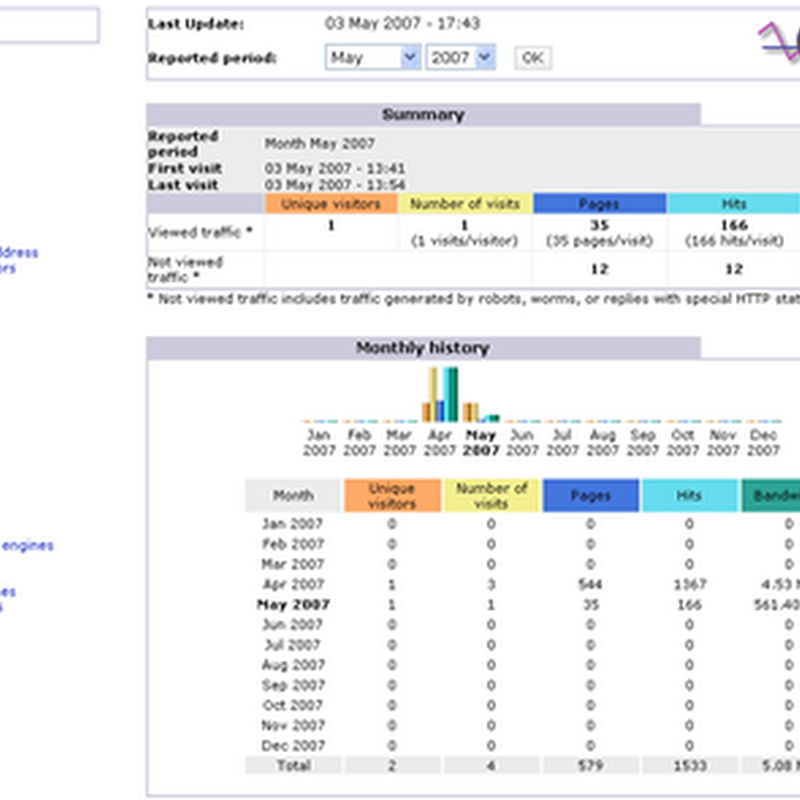



El Mundo de Ubuntu en las Redes Sociales
Espero que esta publicación te haya gustado. Si tienes alguna duda, consulta o quieras complementar este post, no dudes en escribir en la zona de comentarios. También puedes visitar Facebook, Twitter, Google +, Linkedin, Instagram, Pinterest, restantes Redes Sociales y Feedly donde encontrarás información complementaria a este blog. COMPARTE EN!